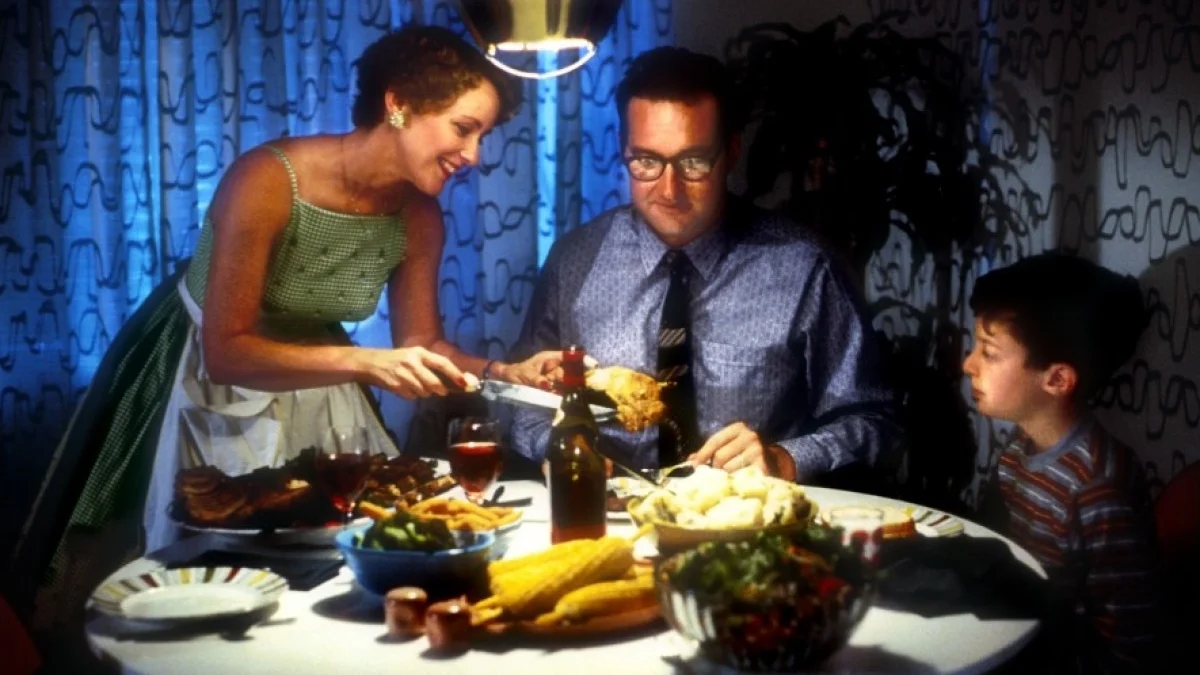Representing Race and its Significance in The Big Sick
The Big Sick is a quietly groundbreaking film. On the surface, it’s pleasant and profound romantic-comedy about parents, culture, and traditions. As written by comedians Kumail Nanjiani and Emily V. Gordon, the film is sharply observed, warm, and empathetic. It’s a perfect summer comedy, and I’m glad it’s been getting rave reviews and doing good business at the box office. But on a deeper level, the film subverts so many cross-cultural clichés, foregoing plot points and character beats that feel stale now after films like My Big Fat Greek Wedding, Bend it Like Beckham, Coming to America, among others. The Big Sick tells its love story without holding its audience’s hands.
Seeing a fellow South Asian (Nanjiani is Pakistani, and I am Indian) as a romantic leading man is a big deal. Aziz Ansari on Netflix’s show Master of None and Mindy Kaling on The Mindy Project have done a lot for South Asian-American representation on television, but The Big Sick is a mainstream movie marketed to mainstream America. And the fact that Emily (played by Zoe Kazan) is sexually and romantically attracted to Kumail (Nanjiani plays a version of himself) feels revolutionary in its own way. The interracial romance is normalized between them. She doesn’t fetishize his race; he's not chasing white girls. They are just two people who fall in love. While race plays a part in their breakup and Kumail’s life, their courtship doesn’t revolve around it. They are just two humans who love each other.
The history of South Asian men in Hollywood is spotty at best. Usually we’re depicted as sexless nerds, or IT guys. Maybe a South Asian man has a funny accent (where the joke is the accent; having an accent alone isn’t racist or upsetting) and runs a convenience store. Or maybe we’re not even allowed to play ourselves. There’s the infamous Fisher Stevens performance in Short Circuit, but nobody talks about Max Minghella’s brownface in The Social Network. Even in mainstream films about South Asians, the director and/or screenwriter is almost always white. Sometimes it’s okay (The Big Sick is directed by Michael Showalter, but he wisely stays out of the way; there’s also Lion where a disconnect with India is a theme) and sometimes it’s not (Slumdog Millionaire). That’s why it's key that Ansari and Nanjiani are major parts of the creative force behind their stories. These South Asian men are taking control of the larger cultural narrative.
The Big Sick is obviously a crowd-pleasing, feel-good rom–com. But it’s not a movie that makes white people feel good about themselves. There’s a distinction. Nanjiani and Gordon pointedly don’t show Emily winning over Kumail’s parents, Azmat and Sharmeen (Anupam Kher, Zenobia Shroff), at the end. His parents aren’t shown as strict monsters, but the film empathizes with their point of view. The struggle between our South Asian heritage and American upbringing is a real part of our lives as South Asian-Americans. Kumail’s race hardly comes up when he meets Emily’s parents Beth and Terry (Holly Hunter, Ray Romano). There’s no line like “by the way, we don’t care you’re not white.” That’s the kind of line that white people love to hear in movies about people of color, but makes us feel rather small. Kumail being Muslim comes up during the film’s brilliant 9/11 joke, but it’s quickly subverted.
There was some controversy about the film because, it not only shows a brown man falling in love with a white woman, it shows him actively rejecting several brown women. The film is based on a real story, so I don’t think it’s fair criticize its white heroine. Master of None also had white women as its two main love interests. The Big Sick does empathize with these Pakistani women, especially Khadijah (Vella Lovell), and they are depicted as eligible, fully realized characters. I’d love to see more onscreen love between people of color. But normalizing interracial relationships—especially with a POC leading man—is important too. I guess Emily could have been played by a minority actress but the character is based on a real person going through real events.
The Big Sick is one of my favorite movies of the year. It’s heartfelt, smart, very funny, and insightful. What it does for South Asian representation is a big deal, and I hope its success opens more doors for South Asian voices. It’s a film that’s about race, but isn’t. It’s a cross-cultural comedy that defies condescending tropes that don’t feel authentic to minority filmmakers. The Big Sick has opened all over America, and I highly recommend you go see it.















